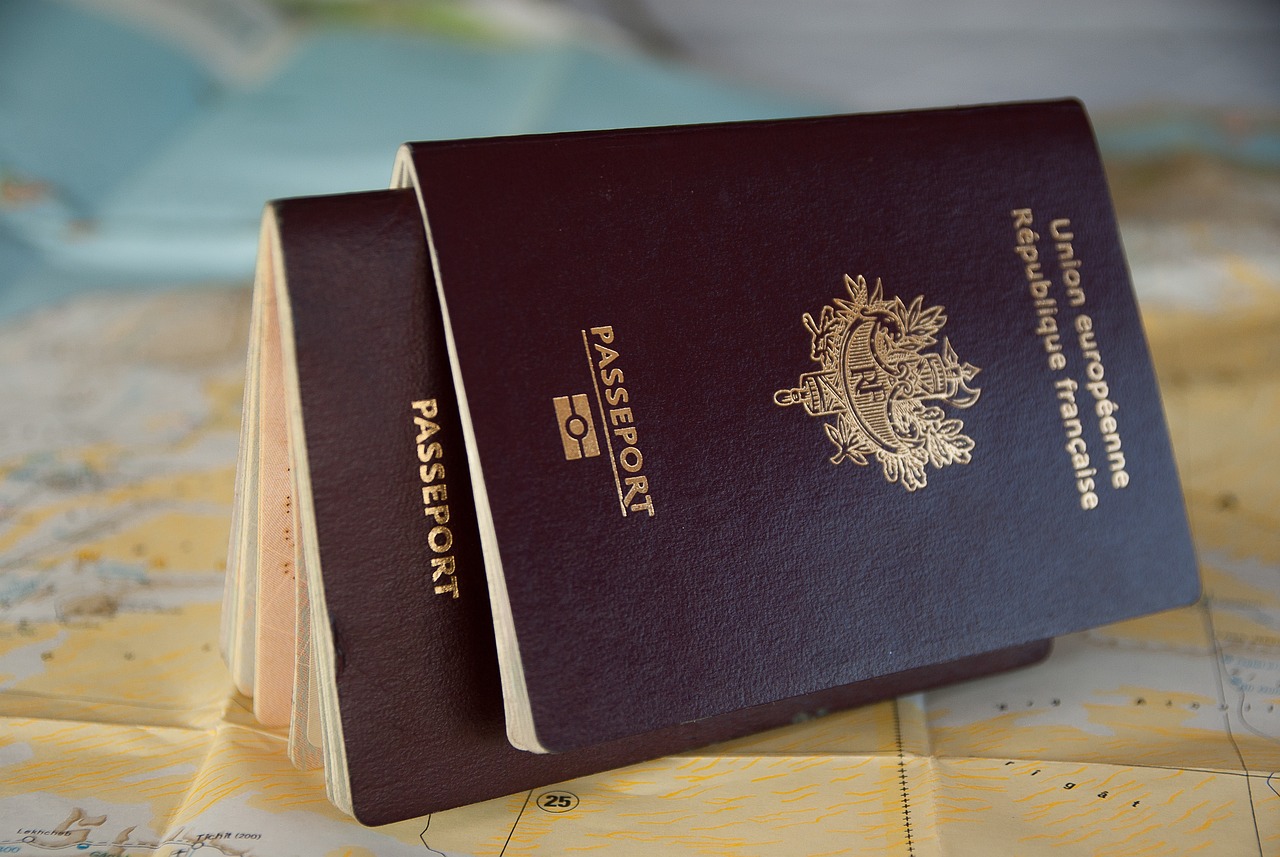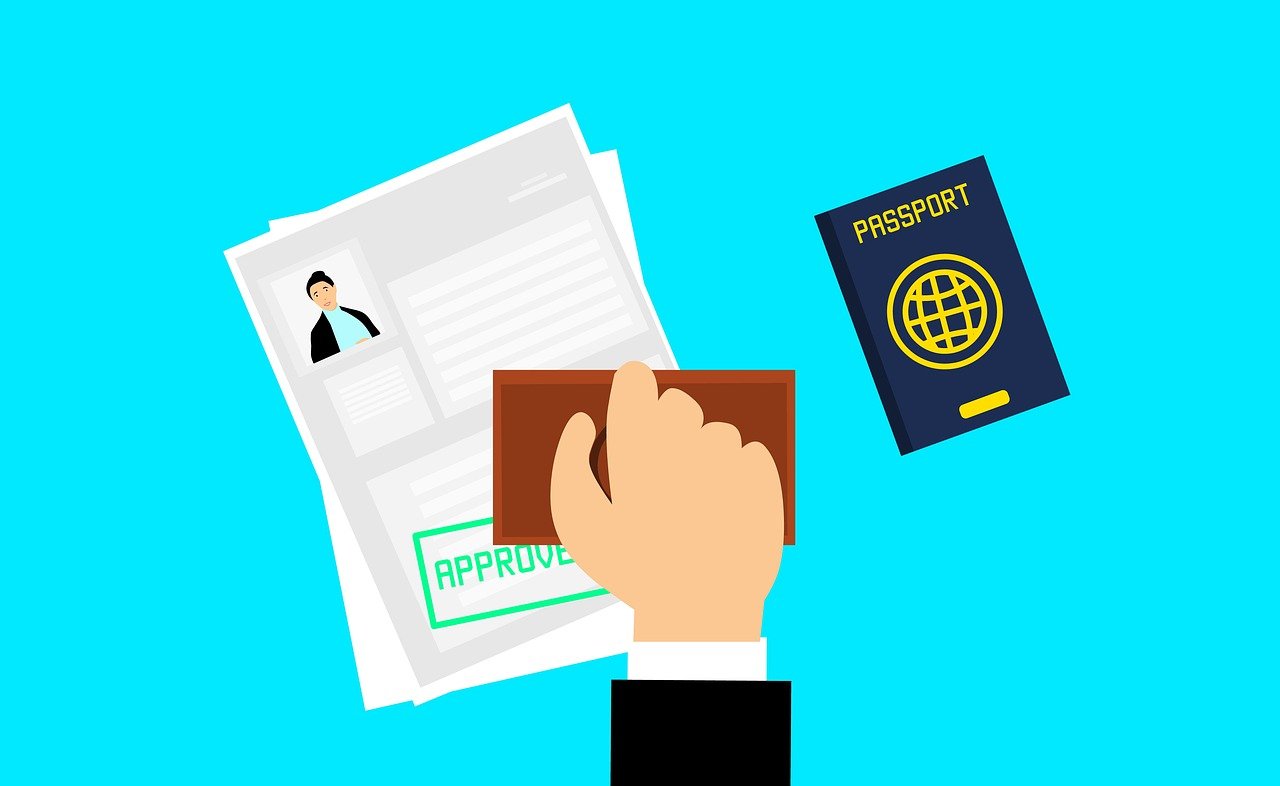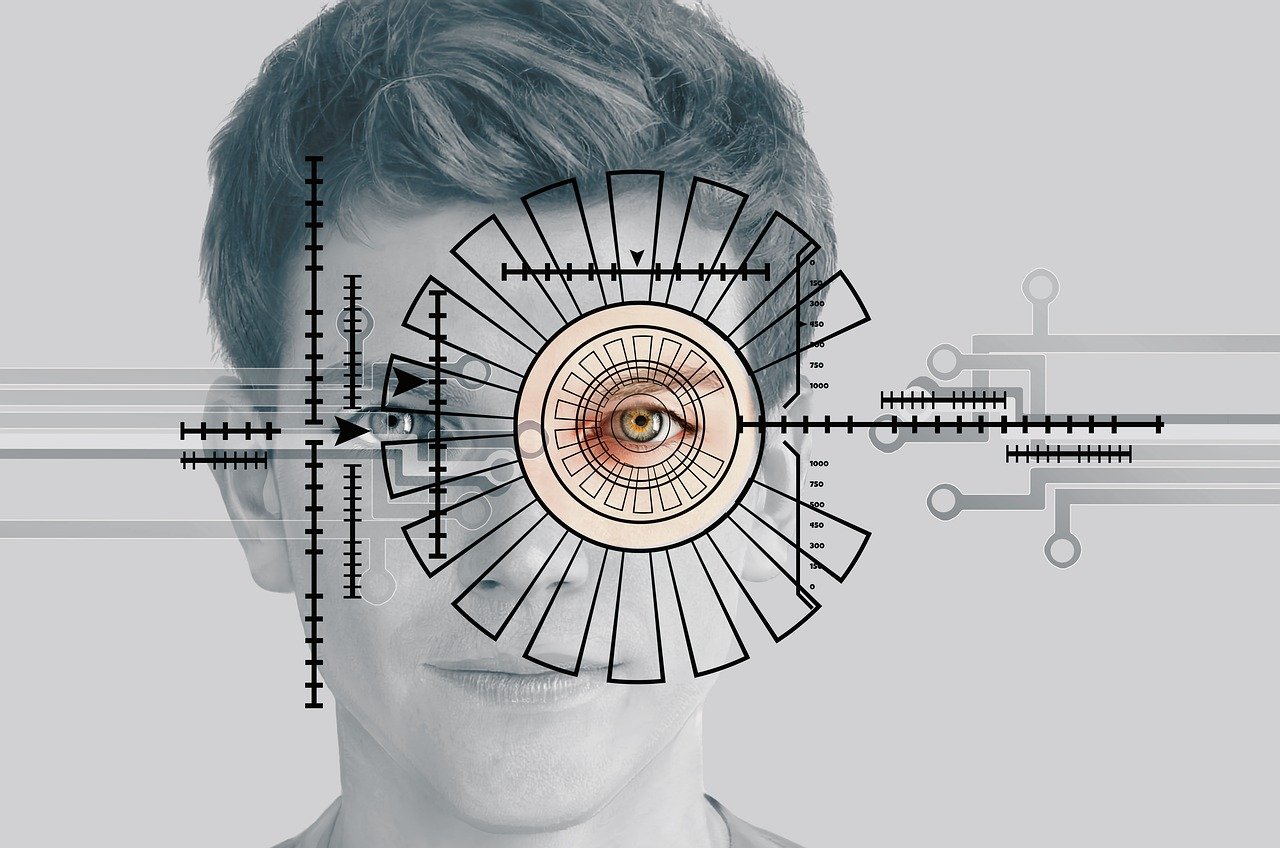The United States Citizenship and Immigration Services (USCIS) recently announced that it will be launching organizational accounts for non-cap filings and the fiscal year (FY) 2025 H-1B cap season. These efforts will increase efficiency and facilitate collaboration between H-1B employers and their legal representatives.
USCIS has said that organizational accounts will allow multiple individuals within an organization, such as a company or other business entity, and their legal representatives to collaborate on and prepare H-1B registrations, Form I-129, Petition for a Nonimmigrant Worker, and associated Form I-907, Request for Premium Processing Service.
This process will effectively begin the agency’s preparation for the online filing of I-129 H-1B petitions and will eventually make the H-1B process fully electronic, from registering online, to receiving final decisions and correspondence to USCIS and the Department of State.
When will organizational accounts be launching?
USCIS expects to launch the organizational accounts in February 2024, with online filing of Forms I-129 and I-907 following shortly thereafter. The agency expects for these new changes to streamline the Form I-129 H-1B petition process and reduce duplicate H-1B registrations.
Transition to USCIS Lockbox
Additionally, the agency will be transitioning the paper filing location for Forms I-129 and I-907 from service centers to the USCIS lockbox to standardize the filing process and reduce costs.
 Visa Lawyer Blog
Visa Lawyer Blog











